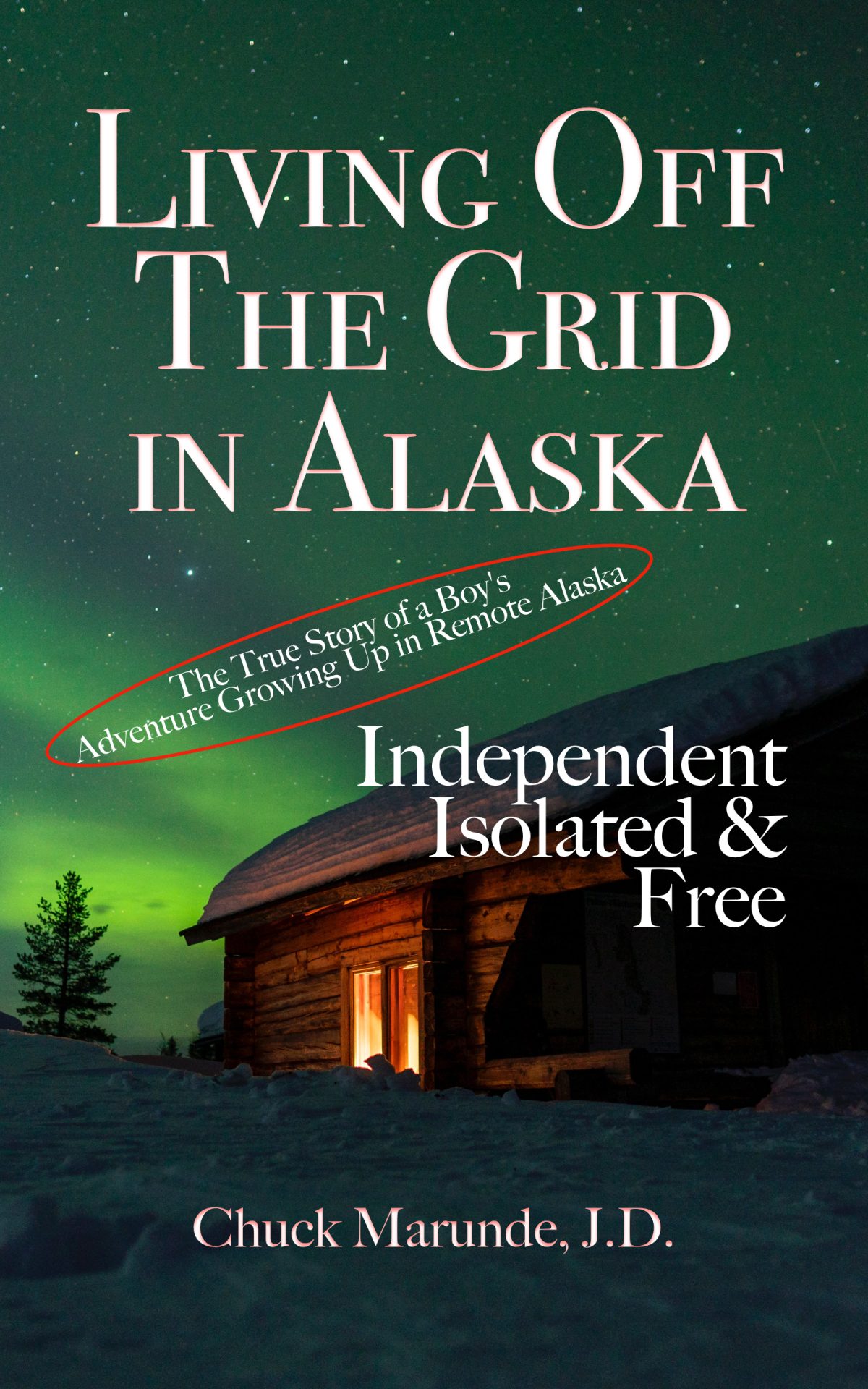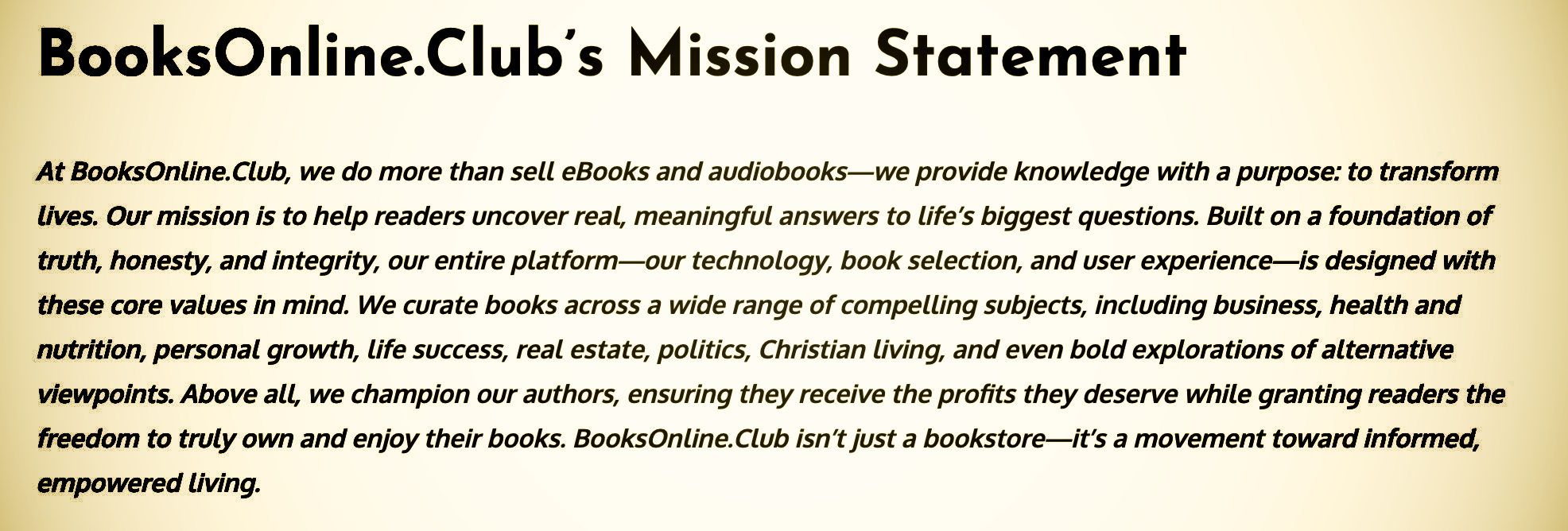
Do I Need to Copyright My Book? What is Involved and How Much Does it Cost?
Many self-published authors are asking this question: “Do I Need to Copyright My Book? What’s Involved and How Much Does It Cost?” In this article I’ll answer these questions definitively. As an author, you’ve poured your heart into your book. After months — maybe years — of writing, editing, and revising, one question naturally comes up:
“Do I need to copyright my book?”
The short answer is both simple and a little surprising: you already have copyright the moment your book is created. But there’s more to the story, especially if you plan to publish, sell, or license your work. Let’s walk through what you really need to know.
1. You Already Own the Copyright — Automatically
Under U.S. copyright law, the moment you put your book into a tangible form — whether that’s a Word document, a PDF, or a handwritten manuscript — you own the copyright. You don’t have to file anything or pay anyone for this to be true.
Your authorship gives you these rights automatically:
- To reproduce your work
- To distribute it in print or digital form
- To create derivative works (translations, adaptations, etc.)
- To sell, license, or perform your work
For many writers, that’s enough. But if you want stronger legal protection, you may want to take the next step.
2. Why Consider Official Registration
While you already have copyright, registering your book with the U.S. Copyright Office offers significant advantages:
- Public Record of Ownership: Your registration creates an official record proving the book is yours.
- Legal Protection: If someone infringes on your work, you can’t sue in federal court unless your book is registered.
- Statutory Damages & Attorney’s Fees: If you register your book before publication (or within 3 months after publishing), you may be eligible for:
- Up to $150,000 per infringement
- Recovery of your legal fees
- Peace of Mind: Registration gives you documented proof, which can be invaluable if disputes ever arise.
In short, registering is optional, but it’s a very smart step if your book is important to your career or income.
3. How to Register Your Book
The process is straightforward and can be done entirely online:
Step 1 — Go to the U.S. Copyright Office
Visit www.copyright.gov/registration and create a free account.
Step 2 — Start a New Application
- Choose “Register a Work” and select “Literary Works.”
- Enter your book title, author name, and publication status.
Step 3 — Upload Your Manuscript
- You can upload a PDF, DOCX, TXT, or EPUB version of your book.
- Your manuscript becomes part of the Library of Congress record, but it’s not publicly viewable.
Step 4 — Pay the Filing Fee
- Single author, single book, online filing → $65
Step 5 — Get Your Certificate
- You’ll get an email confirmation right away.
- The official registration certificate arrives by mail in 3 to 8 months.
4. What About Private “Copyright Certificates” Online?
Do Not Use a Private Copyright Service
You may have seen services that offer “instant copyright certificates” for a fee. While these can serve as proof of creation date, they don’t provide the same legal protections as registering with the U.S. Copyright Office. If you ever have to sue someone for infringement, the courts will not recognize this kind of private certificate. They only recognize the U.S. Copyright Office for the official copyright. If you’re serious about protecting your work, it’s best to register directly with the official government system.
5. A Practical Approach for Authors
Here’s my suggestion if you’re publishing multiple books or running an author business:
- Register published books individually for maximum legal protection.
- Bundle unpublished works into a single registration if you’re still drafting several manuscripts — this saves money.
- Register early — ideally before publication or within 3 months afterward.
- Keep a simple spreadsheet tracking your registrations, fees, and certificates.
6. Final Thoughts
For most authors, registering your book is a wise investment. It’s inexpensive, straightforward, and provides peace of mind — especially if you’re selling your work, licensing rights, or building a long-term author brand.
Your creativity deserves protection. Copyright registration is simply an extra layer of security that ensures your book stays yours.


